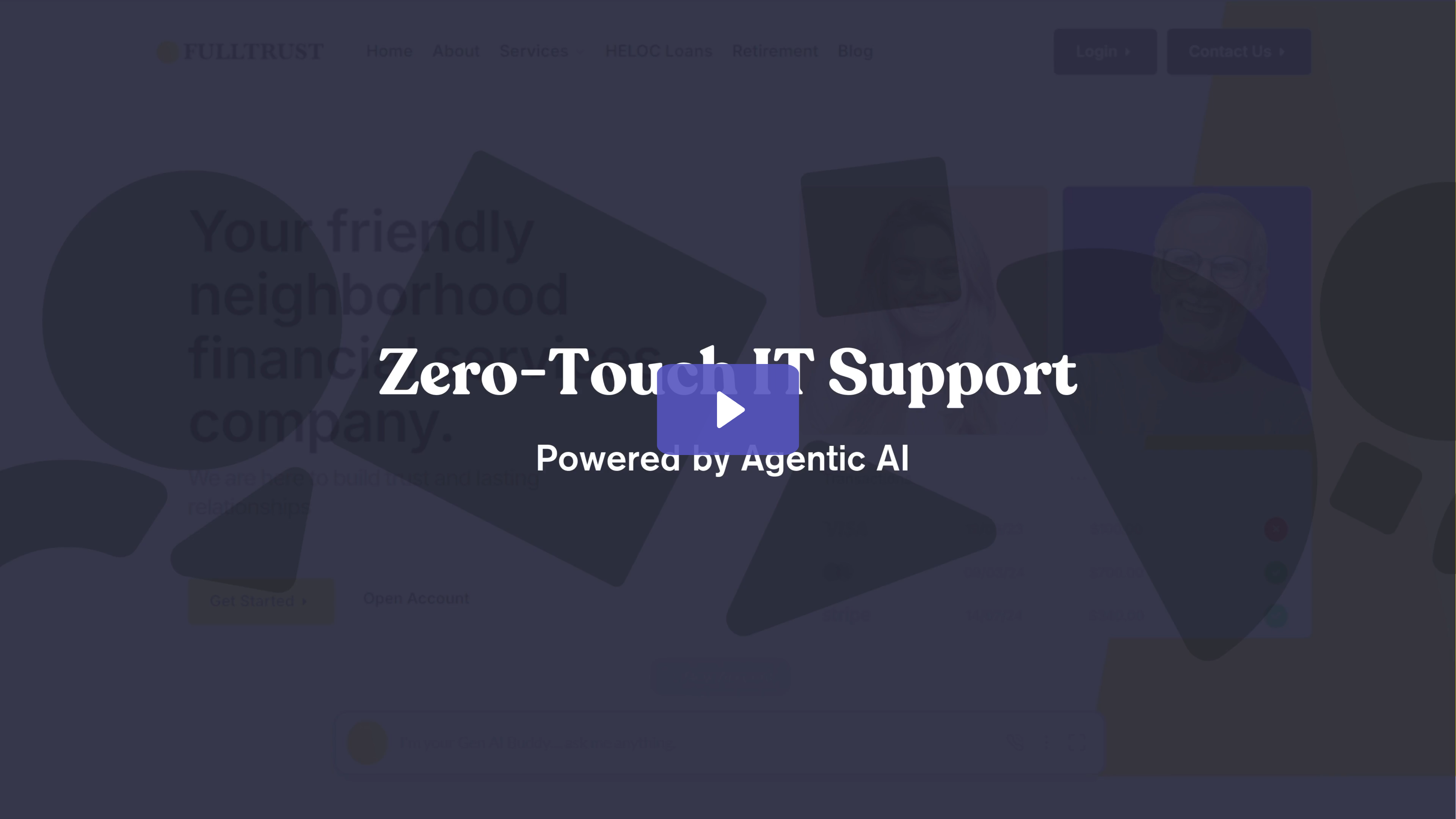AI in Healthcare
What Is AI in Healthcare?
AI in healthcare refers to the use of artificial intelligence technologies—such as machine learning, natural language processing, and automation—to improve patient engagement, streamline administrative tasks, and support healthcare operations.
AI-powered tools help healthcare organizations deliver faster, more personalized, and efficient care while reducing the burden on staff. From appointment scheduling to chatbots answering patient questions, AI is transforming the healthcare experience.
How AI Is Transforming Customer Experience & Support in Healthcare
- AI-powered virtual assistants and chatbots – Chatbots provide 24/7 support by answering healthcare questions, booking appointments, and guiding patients to the right resources.
- Automated appointment scheduling and follow-ups – AI books, confirms, and reschedules appointments, while sending reminders to keep patients on track with treatment.
- Personalized patient communication – AI tailors wellness tips, medication reminders, and care updates based on a patient’s history and preferences.
- AI-driven sentiment and feedback analysis – AI scans patient feedback from surveys and reviews to uncover common concerns and improve service quality.
- AI in customer support for healthcare providers – AI assists with tasks like billing inquiries, insurance claims, and FAQs, reducing staff workload while maintaining service quality.
Key Benefits of AI in Healthcare Customer Support
Challenges and Considerations
While AI delivers major CX improvements, healthcare providers must navigate key challenges:
- Data privacy and security – AI must comply with HIPAA, GDPR, and other healthcare regulations.
- Integration with existing systems – AI must work with EHRs and service platforms without disrupting workflows.
- Maintaining human touch – In sensitive situations, AI should support—not replace—human care.
- Accuracy and ethical AI use – AI models must be transparent, accurate, and free from bias in patient communication.
The Future of AI in Healthcare Customer Experience
AI will continue to evolve and improve healthcare support through:
- Real-time virtual consultations powered by AI voice assistants
- AI-driven insights for better remote patient monitoring
- Personalized post-treatment care with AI-generated wellness plans
- Enhanced collaboration between AI tools and human care teams
Conclusion
AI is reshaping the healthcare experience by improving patient communication, automating administrative tasks, and enabling more personalized care. From virtual assistants to intelligent scheduling, AI allows healthcare organizations to deliver timely, scalable, and compassionate support. As the industry advances, platforms like Zingly show how AI can redefine CX not just in traditional industries—but in life-critical sectors like healthcare.

.png)


.webp)
%202.svg)